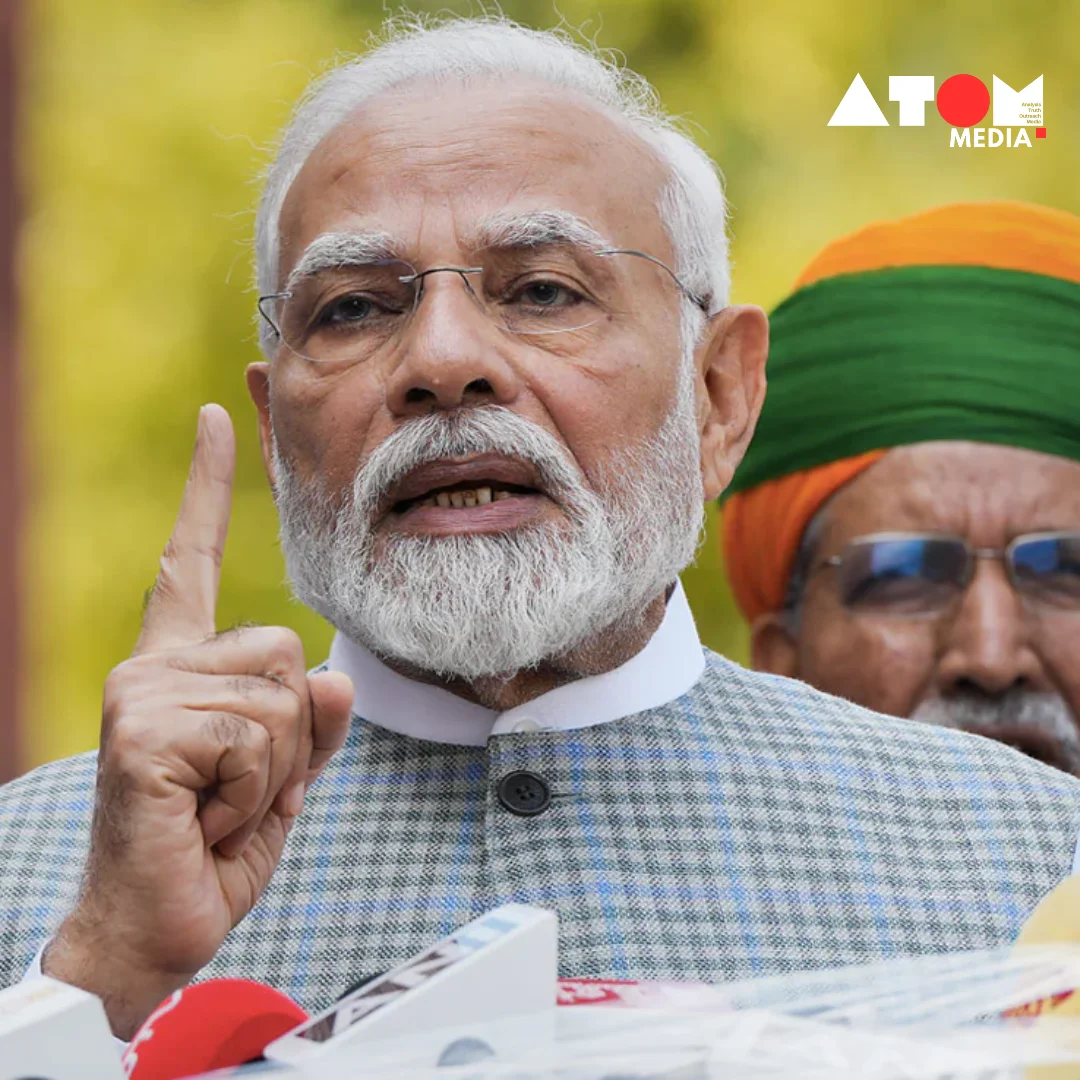US Urges India and Pakistan to Pursue Dialogue Amid Tensions
In response to recent remarks made by Prime Minister Narendra Modi regarding India’s approach to combating terrorism, the United States has advocated for dialogue and de-escalation between India and Pakistan. This stance comes amidst heightened tensions in the region, particularly concerning cross-border terrorism and security issues.
State Department Calls for Restraint and Diplomacy
US State Department spokesperson Matthew Miller emphasized the importance of avoiding escalation and seeking resolution through diplomatic channels. Miller reiterated the US position of not intervening directly in regional conflicts but instead encouraging dialogue and peaceful negotiation between the neighboring nations.
US Policy on Sanctions and Counterterrorism Efforts
Addressing inquiries about potential sanctions against India related to alleged assassination plots, Miller declined to comment on specific actions but affirmed the US policy of not openly discussing sanction measures. This stance underscores the complexity of US-India relations, balancing counterterrorism efforts with diplomatic considerations.
India’s Commitment to Counterterrorism
Prime Minister Modi’s recent statements underscore India’s commitment to combating terrorism, particularly within its borders. Modi highlighted significant achievements in national security under his government, including the elimination of terrorists and the repeal of Article 370 in Jammu and Kashmir.
India-Pakistan Relations and the Path to Peace
India’s stance on cross-border terrorism emphasizes Pakistan’s role in fostering a conducive environment for peace. Defense Minister Rajnath Singh reiterated India’s readiness to assist Pakistan in combating terrorism if the neighboring country demonstrates a genuine commitment to ending terrorist activities.
Diplomatic Channels and Regional Stability
Efforts to address regional security concerns underscore the importance of diplomatic dialogue and collaboration. Both India and Pakistan face common challenges in countering terrorism and maintaining stability in the region, highlighting the need for constructive engagement and cooperation.
US-India Relations Amidst Regional Dynamics
The US response to Prime Minister Modi’s remarks reflects the intricate dynamics of US-India relations, balancing shared interests in counterterrorism with broader strategic considerations. The Biden administration’s approach prioritizes dialogue and diplomacy while navigating complex regional dynamics.
Bilateral Cooperation and Counterterrorism Strategies
India’s proactive stance against terrorism aligns with broader international efforts to combat extremist threats. The US and India share common objectives in promoting regional stability and security, fostering cooperation in intelligence-sharing and counterterrorism initiatives.
Regional Security Challenges and Global Implications
The Indo-Pakistani conflict poses challenges not only to regional stability but also to broader global security dynamics. Addressing underlying tensions and fostering trust between the two nations is essential for mitigating security risks and promoting peace in the region.
Diplomatic Initiatives and Conflict Resolution
Diplomatic initiatives play a crucial role in addressing longstanding conflicts and promoting sustainable peace. The US, as a key stakeholder in South Asian security, continues to advocate for dialogue and negotiation as the primary means of resolving disputes and reducing tensions.
Future Prospects for Peace and Stability
Despite ongoing challenges, opportunities exist for meaningful progress towards peace and stability in South Asia. By prioritizing dialogue, cooperation, and mutual understanding, India and Pakistan can work towards addressing shared security concerns and building a more secure future for the region.
Read more: Marketing News, Advertising News, PR and Finance News, Digital News





